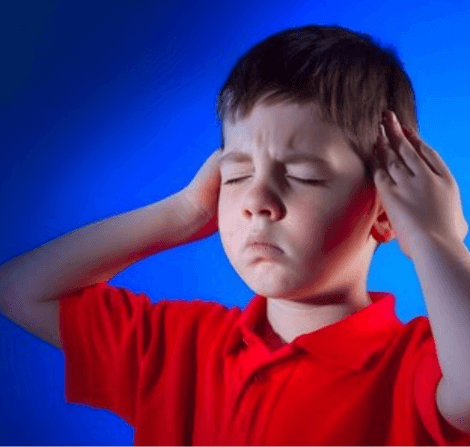Headache
Headaches are common in children and are usually not a cause for concern. Like adults, children can experience various types of headaches, including migraines, tension headaches, and even chronic daily headaches.
Sometimes, a child's headache may be triggered by factors like infections, high stress or anxiety levels, or minor head injuries. Monitoring your child's headache symptoms is important, and you should consult a doctor if the headaches become more severe or occur frequently.
Most headaches in children can be managed with over-the-counter (OTC) pain relievers and by maintaining healthy habits, such as regular sleep and meal schedules.
